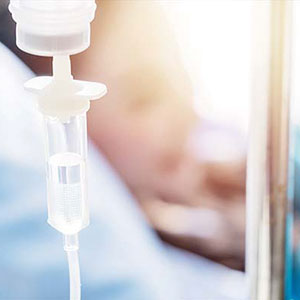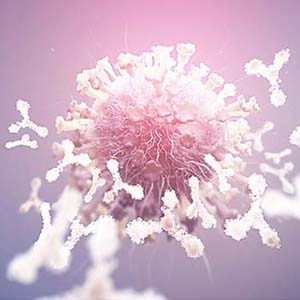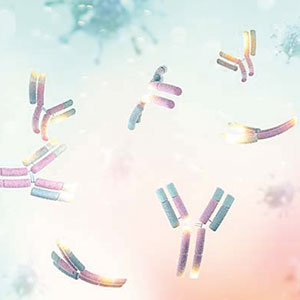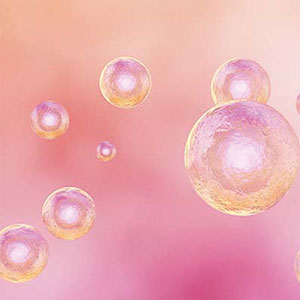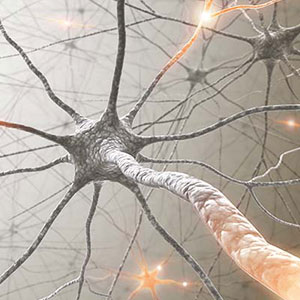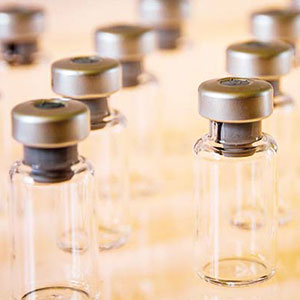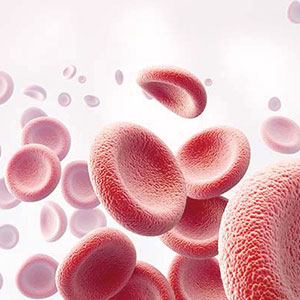The appropriate treatment – As individual as your diagnosis
Starting from the interdisciplinarity of our team and our shared vision, we have made it our goal to break new ground: We develop therapy concepts that put the patient at the center. The focus is on purposeful therapies, personalized oncology and precision medicine – always based on the latest scientific findings and technologies.
Our team includes experienced colleagues who specialize in the diagnosis and treatment of all tumor diseases.
Part of the team is made up of our physicians in the field of human genetics, internal medicine, hematology, oncology, gastroenterology, palliative medicine and psycho-oncology. Furthermore, physicians from pediatrics and adolescent medicine, radiology, pathology and neuropathology are involved in our interdisciplinary case conferences. Biology, genetics, immunology, and bioinformatics staff complement the interdisciplinary case conference team. Specialist physician assistants and nurses are involved in treatment.
We offer the following therapies on an outpatient basis:
Chemotherapy (also by means of portable pump systems)
Chemotherapy is a medicinal treatment for cancer. Active substances called cytostatics are used to prevent cancer cells from multiplying and spreading. Chemotherapy medications can be given in tablet form, as an injection or even as an infusion. Longer-term chemotherapy can also be taken home as continuous infusions using portable, small pump systems.
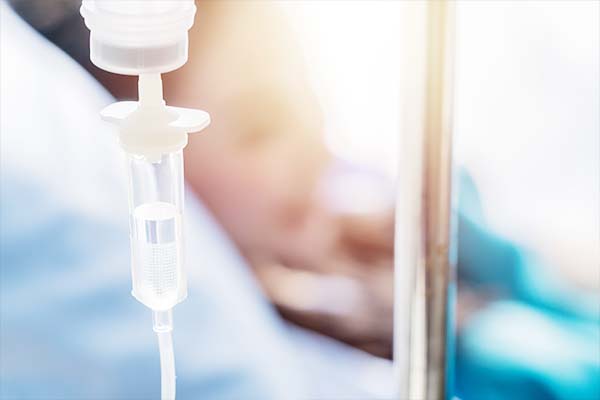
Antibody therapy
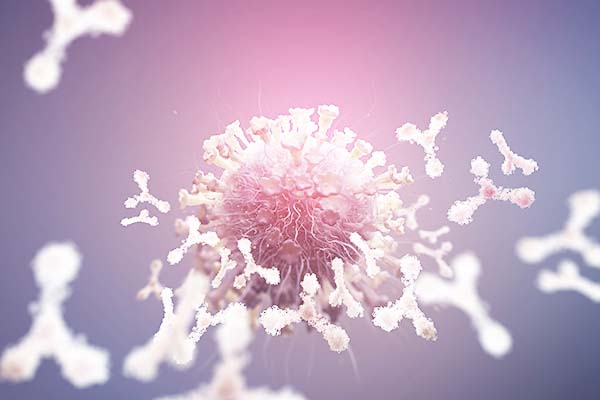
Antibody therapy involves the administration of targeted drugs that block the action of messenger substances or typical metabolic processes in tumor cells that are responsible for cancer growth. Antibody therapy is based on the body’s own antibodies, which, as part of the immune defense system, recognize and attack proteins (antigens) on pathogens, cells and foreign substances that are considered harmful to the body. Antibodies can also identify and attack tumor cells. Monoclonal antibodies are man-made antibodies that recognize antigens and can mount an immune response against potentially dangerous cells.
Immunoglobulin therapy
Usually, IgG antibodies are found in the blood where they fight pathogenic bacteria, viruses and fungi. However, cancer leads to a lack of antibodies and a weakened immune system. As a result, even minor infections can become life-threatening. The goal of immunoglobulin therapy is to ensure that there are enough antibodies in the blood so to strengthen the immune system of cancer patients and improve their quality of life.
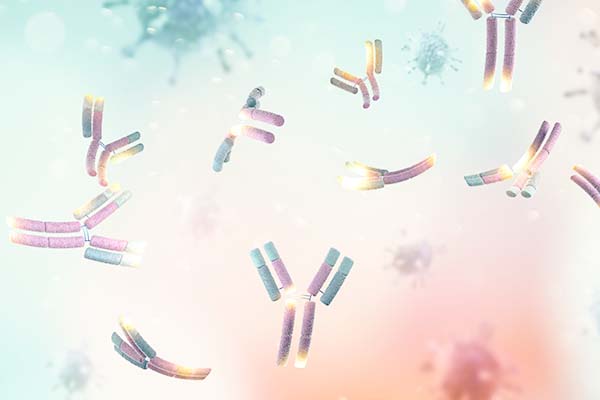
Immunotherapy with cytokines
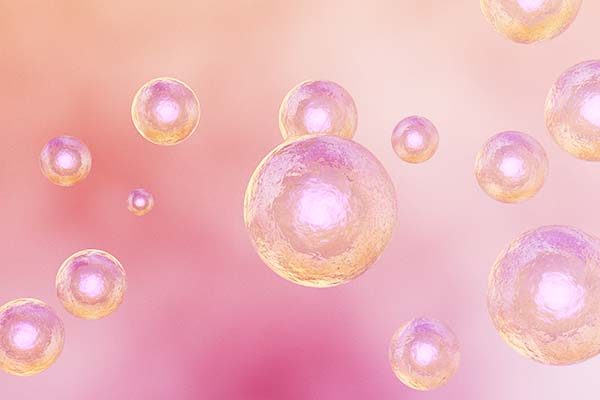
Our body produces many different signaling substances that control the immune response. Cytokines are signaling substances that, for example, stimulate the activity of the immune system upon contact with a disease-causing bacterium, directing attack cells (granulocytes) to the right place. Similarly, cytokines act when damage to body cells or cancer cells is detected. In cancer therapy, artificially produced cytokines, such as interferons and interleukins, can be used to inhibit the cell division of tumor cells or to activate certain immune cells. Most often, interferons and interleukins are given in combination with other drugs.
Parenteral and enteral nutrition and nutritional counseling
During or after cancer treatment, patients may not be able to take in enough food on their own. Artificial nutrition is then an important, sometimes life-sustaining, measure for the further course of the disease. Experts distinguish between two types of artificial nutrition: enteral and parenteral. With enteral nutrition, food is delivered through the intestines. Parenteral nutrition is delivered through a vein. In order to prevent malnutrition, we support you and create a nutrition therapy according to your needs.

Pain therapy
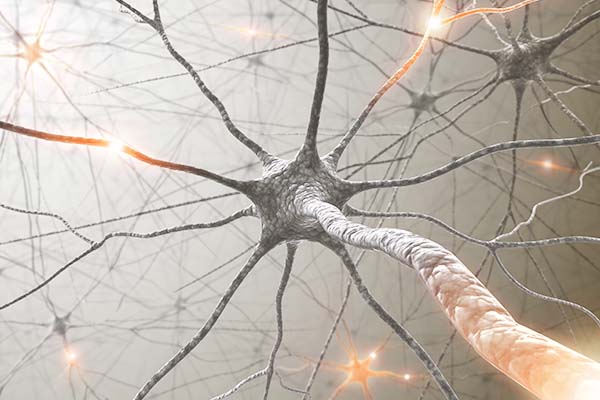
Pain is a common side effect of cancer treatment and can be a significant burden for patients in various treatment settings. Treatment and control of pain requires sufficient diagnosis and a complex approach. Together with pain therapists, we want to be at your side also in this situation. With today’s options, pain can usually be eliminated or significantly reduced.
Patient care and counseling in collaboration with a home care service and primary care physician
Accompanying and advising cancer patients at home during breaks in curative or palliative cancer therapy is part of our task. Together with your primary care physician or a home care service, we want to offer you and your family the best possible care. The tasks of home care and nursing include symptom control and pain management.

Palliative care
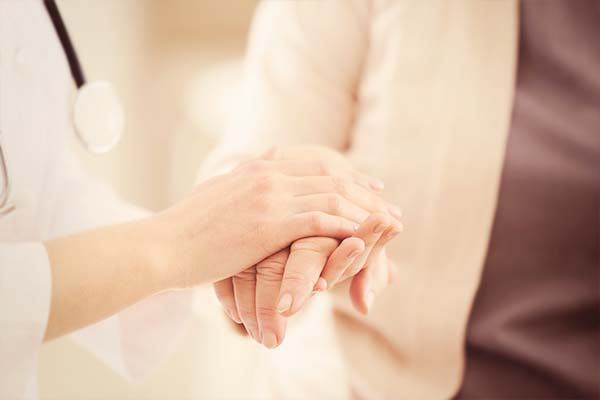
Despite the tremendous progress achieved in cancer research in recent decades, not all patients can be cured of their disease. For advanced cancer with severe symptoms, palliative care comes to use. The goal of palliative care is to preserve your quality of life and self-determination as much as possible through holistic care, and to provide you and your family with a path of trust and confidence in this extraordinary situation.
Vaccinations
We offer vaccinations suited to our patients on an individual basis. These may be particularly important and useful for patients with weakened immune systems, in the absence of a spleen, or prior to intended spleen removal.
These include current and seasonal vaccinations against coronaviruses (SARS-CoV2 and influenza). Preventive vaccinations against shingles may also be important and useful.
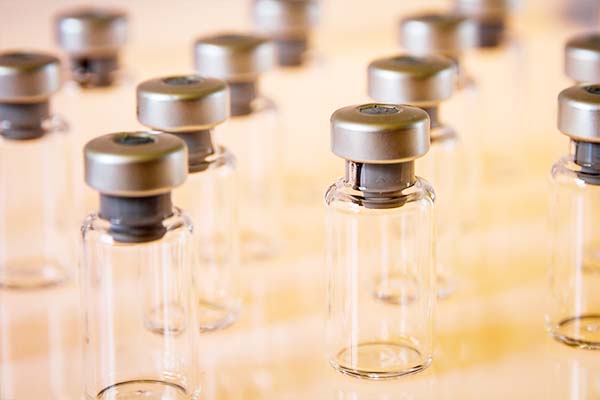
Transfusion of blood and blood components
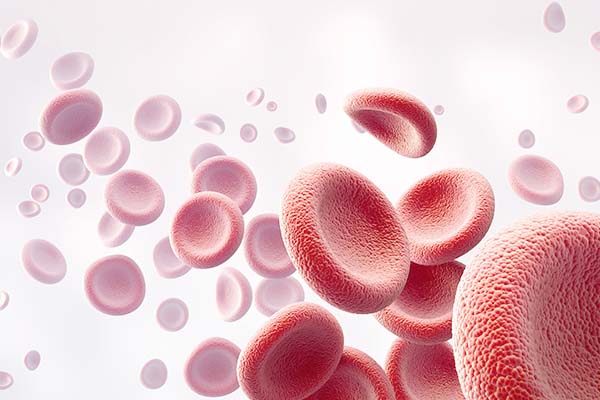
Blood product therapy is an important supportive measure in the treatment of oncologic diseases. We perform outpatient transfusions of blood components such as red blood cells (erythrocytes) or platelets (thrombocytes) to improve your quality of life. An outpatient transfusion of blood products means that you will be treated at our center for a few hours during the day. You can spend the rest of the day in your familiar surroundings. In our friendly facility and with the help of our compassionate team, we will make sure that your outpatient treatment is as short and comfortable as possible.
Participation in national and international clinical studies
In addition to providing care and support to cancer patients, an important part of our efforts is to advance research into tumor diseases with our own findings. This contributes to the advancement of medical knowledge and enables us to offer you new therapeutic approaches that are not yet available on the market, in addition to the modern drug-based tumor therapy currently available in germany.


